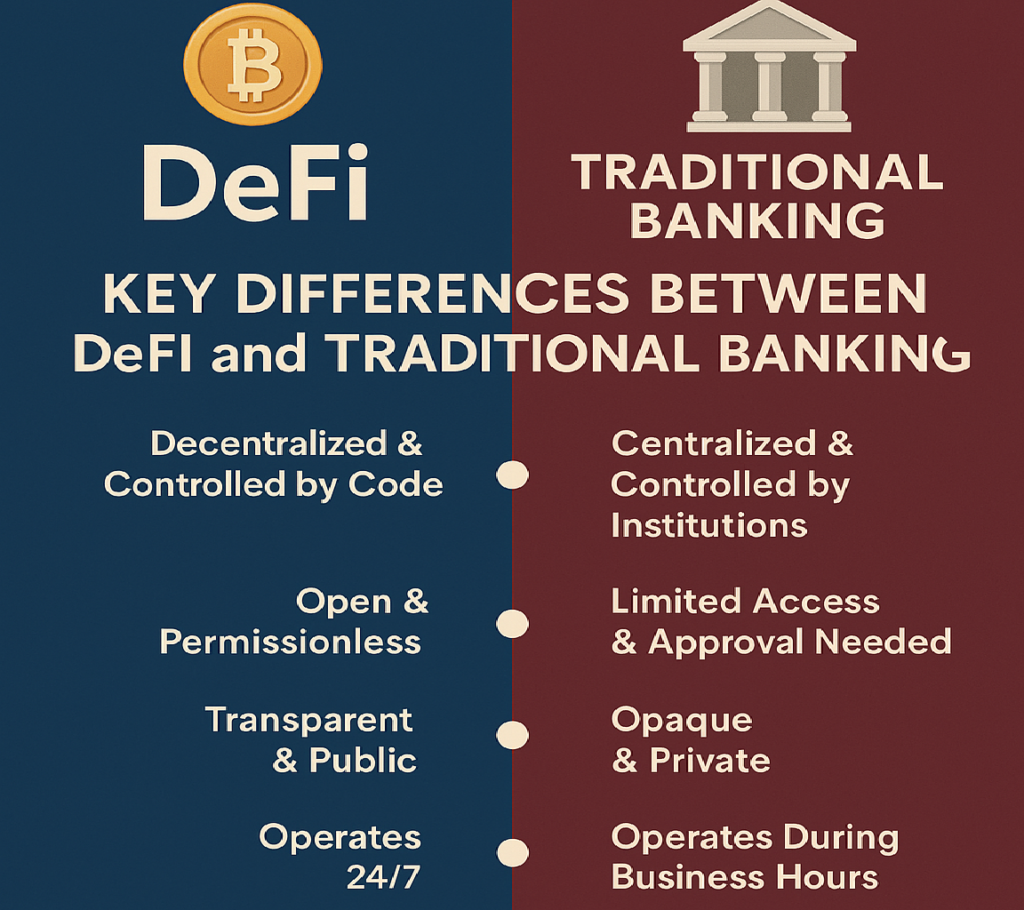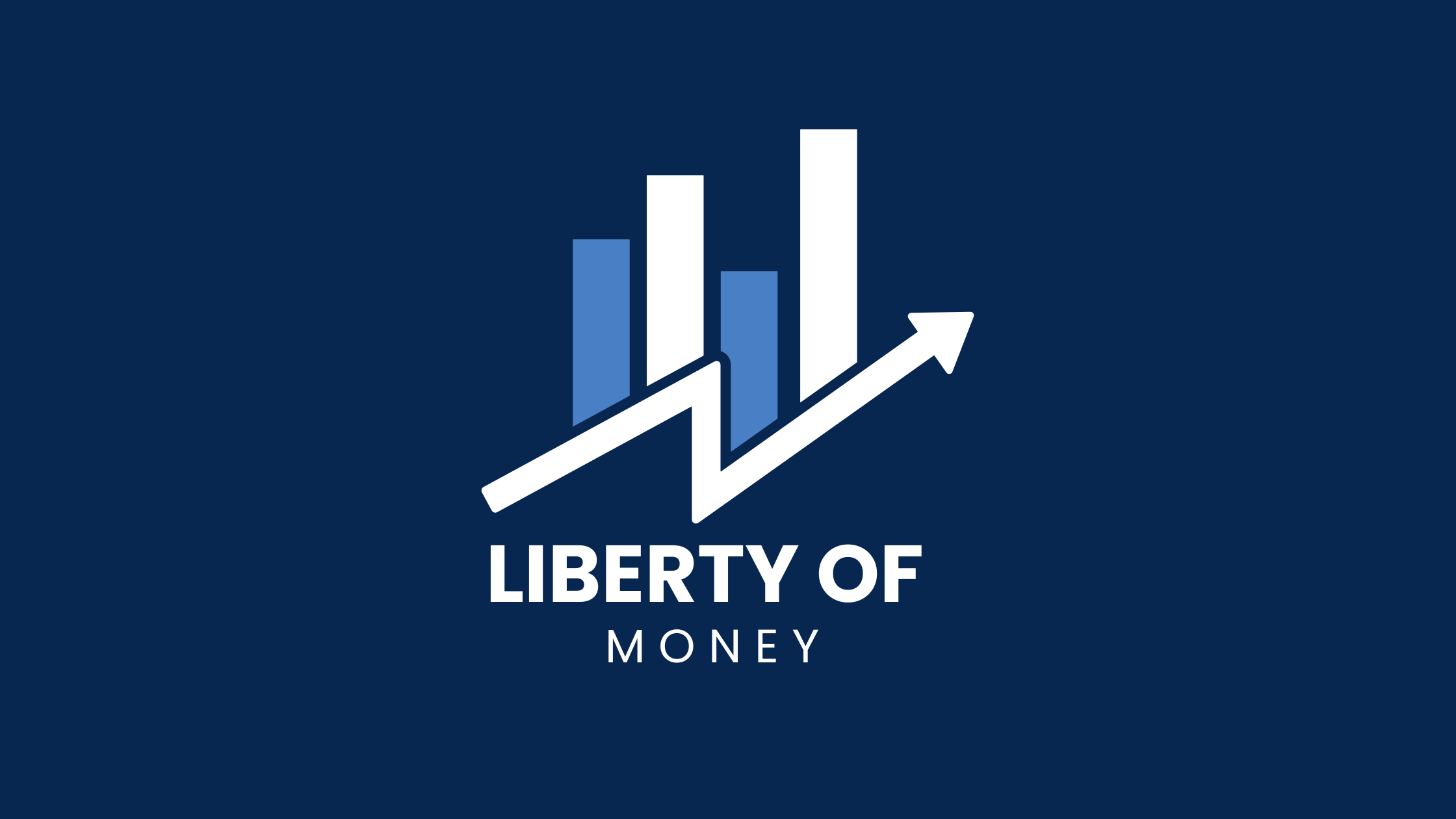The Battle for Financial Dominance
The financial world is evolving rapidly, with Decentralized Finance (DeFi) challenging the long-standing dominance of traditional banks. But which system is better for your money in 2025? Let’s explore the key differences, advantages, and risks of both models.
What is DeFi and How Does It Work?
DeFi, or Decentralized Finance, refers to blockchain-based financial services that eliminate intermediaries like banks. Key features include:
- Smart contracts: Automated transactions without the need for approval from a bank.
- Transparency: Transactions are recorded on public ledgers, ensuring security and trust.
- Financial inclusion: Anyone with an internet connection can access DeFi platforms.
How Do Traditional Banks Operate?
Banks have been the foundation of the global economy for centuries, providing services such as:
- Deposits and loans: Banks use customer deposits to offer loans and earn interest.
- Regulatory protection: Governments ensure bank stability and consumer protection.
- Centralized control: Financial institutions oversee transactions and set interest rates.
Key Differences Between DeFi and Traditional Banking

| Feature | DeFi | Traditional Banks |
|---|---|---|
| Accessibility | Global, permissionless | Requires verification, limited access |
| Control | User-managed funds | Bank-controlled funds |
| Fees | Lower transaction fees | Higher fees for services |
| Security | Blockchain-based, smart contracts | Government-backed protections |
| Innovation | Rapid development | Slower adaptation to change |
Risks and Challenges: Is DeFi Safe?
While DeFi offers promising benefits, it comes with risks:
- Smart contract vulnerabilities: Bugs or hacks can lead to losses.
- Regulatory uncertainty: Governments may impose restrictions on DeFi.
- Lack of consumer protection: No insurance like FDIC coverage in banks.
The Future: Will DeFi Replace Banks?
DeFi is growing, but banks still hold significant advantages. Future trends may include:
- Hybrid financial models: Banks adopting blockchain solutions.
- Stronger regulations: Governments creating frameworks for DeFi security.
- User education: More awareness of DeFi risks and benefits.
Which is Best for You?
Both DeFi and traditional banks have unique strengths. If you value security and regulation, banks may be the right choice. If you prefer decentralization and innovation, DeFi offers exciting opportunities.




